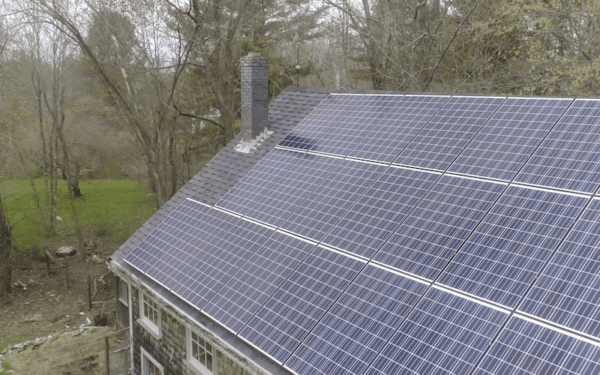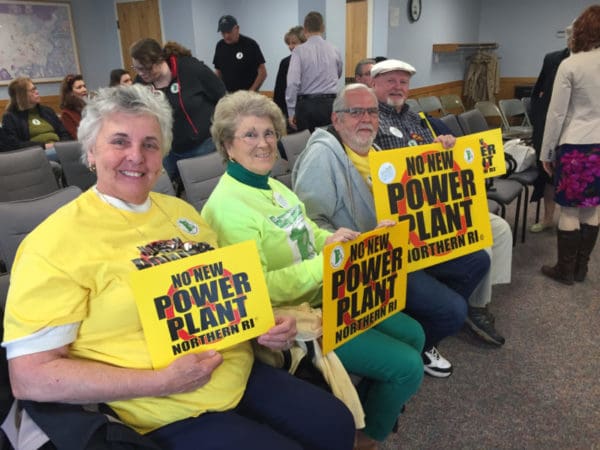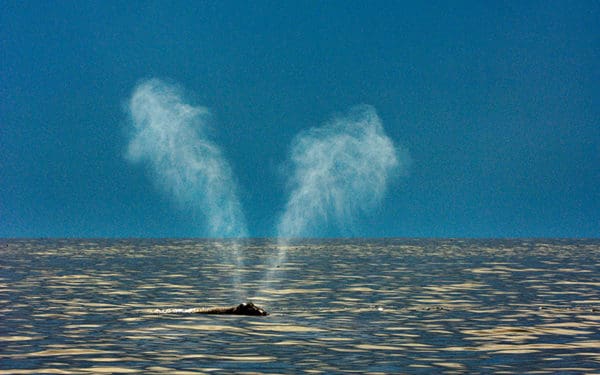Permanently Protecting Cashes Ledge
This underwater mountain range faces mounting threats.

This underwater mountain range faces mounting threats.

Since Sean Mahoney, CLF’s Executive Vice President, and his wife put a rooftop solar panel system on their barn, they’ve noticed a huge difference in their energy bills. All told, their annual energy costs have decreased by up to 80 percent! For the Mahoneys, installing solar panels was about both saving money on electricity and about reducing their carbon footprint.

In an e-mail, Elmer wrote that he would show the EFSB that “Invenergy cannot be trusted to build the plant because Invenergy has consistently lied to state and federal regulators and to the ISO (New England) throughout the long years of this case.”
We helped send this proposed dirty power plant packing.

After a month-long hiatus, the Invenergy Final Hearing has resumed. At stake is whether Rhode Island’s Energy Facility Siting Board will grant Invenergy a permit to pave over a forest in Burrillville to build a new fracked gas and diesel oil power plant.

The SAVE Right Whales Act is an important piece of the solution for protecting this iconic species from extinction.

New England’s iconic fishery is in crisis.

It’s hardly news that temperatures in New England drop below freezing in winter. But as CLF has long argued, we have plenty of fuel to get through even the coldest winters unscathed, without footing the bill for a polluting new pipeline. And on top of that, if we want to avoid the most devastating effects of climate change, we must stop using dirty fuels like gas altogether.

“With the EPA’s national PFAS plan falling far short, it’s up to the states to protect us from these toxic chemicals,” Amy Moses, vice president and director of the Conservation Law Foundation in Rhode Island, said in a statement Tuesday.
“With the EPA’s national PFAS plan falling far short, it’s up to the states to protect us from these toxic chemicals,” said Amy Moses, Vice President and Director of CLF Rhode Island. “The dangerous health effects of these substances have been known for years, and other New England states have committed to solving the problem. Rhode Island needs to protect public health and that starts with ensuring everyone has safe drinking water.”
